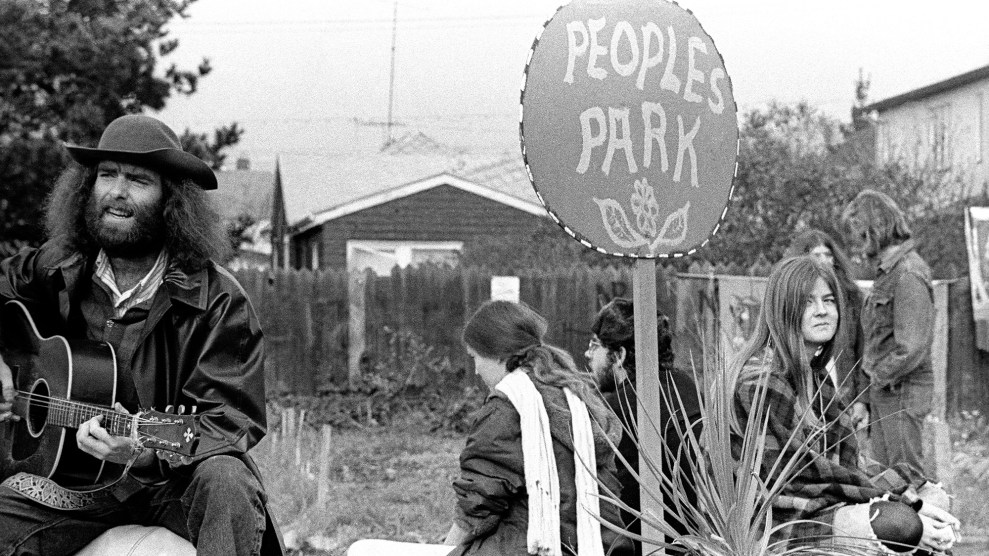Monday’s official unveiling of the Geneva peace accord was attended by a small group of world leaders and given support, albeit lukewarm, by the United States and Yasser Arafat, though not by Ariel Sharon. The proposal, a culmination of three years of work by Israeli and Palestinian politicians, attempts to end the current negotiation stalemate by reviving some of the main principles of the Oslo peace process. Yossi Beilin and Yasser Abed Rabbo, the central proponents of the accord, have succeeded in securing a fair amount of support from the Israelis and Palestinians, but not from the leadership of either side.
The accord is a permanent status agreement that sets permanent borders between Israel and a Palestinian state based on the 1967 lines. It provides a two-state solution with Jerusalem as a shared-capital secured by an international peacekeeping force. A small number of Palestinian refugees would be absorbed by Israel, while others will be repatriated to the Palestinian state. The large settlements surrounding Jerusalem would be absorbed into Israel in exchange for current Israeli land included in the future Palestinian state. While the proposal carries on the legacy of the Oslo process, it also entails the same problems: a shared Jerusalem is a tough negotiating challenge, the issue of Palestinian refugees has already brought protests from the Palestinian sector.
In Geneva, the former United States president Jimmy Carter lauded the agreement and painted a rosy picture of its possibilities.
“There remains one basic choice for the Israelis: do we want permanent peace with all our neighbors, or do we want to retain our settlements throughout the occupied territories. … And it is of equal importance that the Palestinians renounce violence against Israeli citizens in exchange for the commitments of this Geneva initiative. … It is unlikely that we shall ever see a better foundation for peace. …The people support it. Political leaders are the obstacle to peace.”
While Carter’s “basic choice” for Israel goes to the heart of the issue, his cheery pronouncement doesn’t match the reality on the ground. Israeli and Palestinian leaders have so far shown themselves incapable of negotiating a lasting peace deal, but Carter’s claim that the people strongly support it is misleading. The most recent numbers out of Israel show moderate Israeli support for the plan: 31 percent in favor and 38 against. Proponents of the accord have recently distributed the proposal to homes across Israel, an impressive grassroots strategy that might just pay off. Despite vicious attacks from the Ariel Sharon’s administration, the moderate support for the plan includes 13 percent of Sharon’s Likud party. Israelis might not be keen on the Geneva accord, but nor are they happy with the performance of their current prime minister. A Ha’aretz poll released Monday found that only 43 percent of Israelis think Sharon is doing a “fairly good” job, while 14 percent answered “fairly terrible” and another 27 percent answered “terrible.” Such numbers don’t bode well for Sharon, and could be responsible for the so-called “Sharon Initiative.” Last week in an unusual Q&A session with Israeli news editors, Sharon told the journalists that he thought Israel must cede some land for peace.
Meanwhile, across the Green Line, an Israeli army incursion into Ramallah on Monday left four Palestinians dead, including a six-year old child. Palestinians recently surveyed by the Texas’ Rice University and the International Crisis Group in Washington, responded with 55.6 percent support for the accord, with 38.5 percent in opposition.
Such numbers show promise for the Geneva negotiators but they’re somewhat complicated by the facts on the ground. While the politicians held their quiet meeting in Switzerland, thousands of Palestinians in the Gaza Strip and West Bank protested the “traitorous” accord. In Northern Gaza’s Jabaliya refugee camp, 1,500 Palestinian refugees protested the fact the Geneva accord waives Palestinian refugees’ right to return to their original homes, many of which are now located inside the 1948 borders of Israel.
The Geneva accords aren’t likely to be transformed into a formal peace agreement, but, as the American actor and peace activist, Richard Dreyfuss, present at the signing, said, “To sum it up in one word, this initiative represents hope.” While hope is an elusive factor in the polls, many pundits in Israel argue that the desperate situation has caused voters to grasp onto any chance for change. With the Intifada in its third year, and the Israeli economy struggling, the polls show Israelis frustrated with Sharon’s performance.
And judging by the past week of statements from Qureia and Sharon, there is a will to negotiate, even if it’s obscured by the usual political games. Last week the Israeli daily Maariv cited an anonymous government source as claiming that Sharon is considering dismantling several illegal settlements in Gaza and annexing West Bank settlements — home to 50,000 Israelis. Legalizing such settlements would not only violate international law, but contradict the requirements of the American brokered “road map.” Israel has occupied the West Bank since the 1967 war, but it has never official annexed West Bank settlements to the state. Meanwhile, U.S. envoy William Burns has been busy negotiating a meeting between Sharon and Qureia. With the U.S. once again trying to steer the two sides into a deal, the Sharon administration appears to be attempting to please the Americans. An Israeli government source told Reuters that Defense Minister Shaul Mofaz told the U.S. envoy that his government was preparing to dismantle 10 settlement outposts in the West Bank. Burns’ visit to Israel follows an announcement last week that the U.S would cut $289.5 million out of $9 billion of its loan guarantees due to Israel’s continued construction in the West Bank. Meanwhile in Cairo, an Egyptian brokered cease-fire negotiation with Palestinian militant leaders has been postponed for later this week
The accords have detractors on both sides. Arab-Israeli Knesset member, Azmi Bishara, writes that even if the Palestinian leadership gets its act together, the plan will ultimately die without acceptance from the Israeli leadership. And on the periphery of the debate, those opposed to the premises of the Oslo accord are predicting another round of failed negotiation.
But, as Ha’aretz writes in its Monday editorial, the best outcome of the accord will not be its translation into an official agreement, but rather its ability to push Israeli politicians and their Palestinian counterparts into developing a basis for fresh negotiations.
“This alternative is timely, both because it is intended to shake both peoples out of their resignation to the miserable status quo in which they are mired, and because it challenges their leaders to think in new terms and to propose fundamental solutions to the conflict. From this perspective, the Beilin-Abed Rabbo document has already achieved an important goal: It has spurred the leaders of Israel’s political parties to propose their own plans for an agreement, and has compelled the heads of the various Palestinian political movements to define their own positions in relation to it.”















